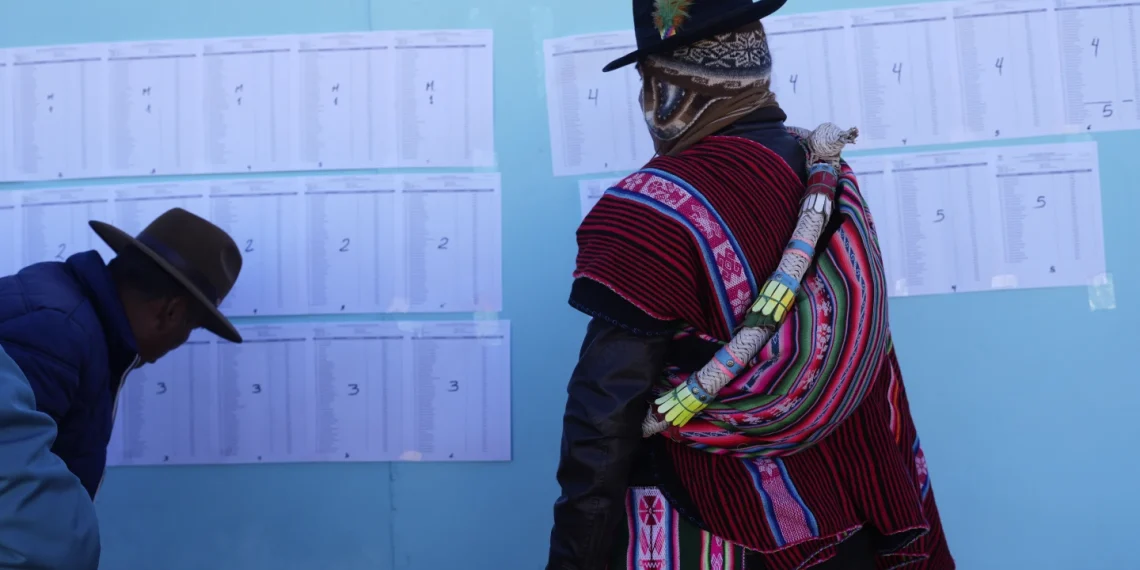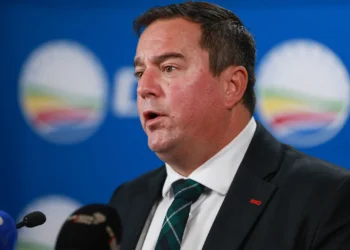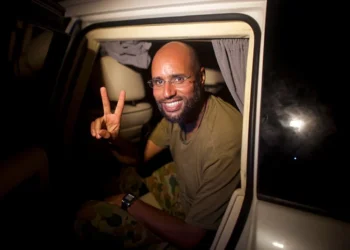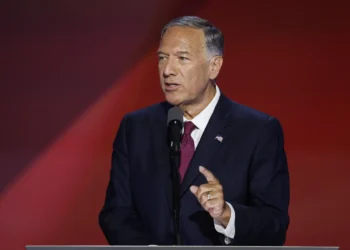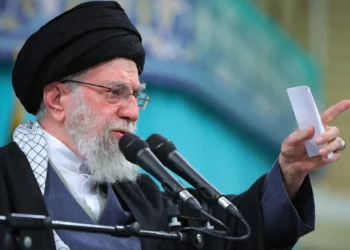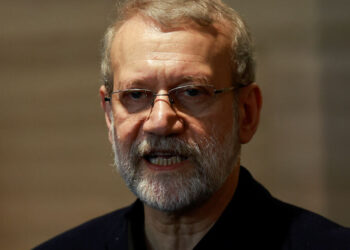LA PAZ (Realist English). Bolivia’s presidential election has moved to an unprecedented runoff after results on Sunday ended more than two decades of left-wing dominance but revealed voters’ hesitation to embrace a sharp turn to the right.
Centrist senator and former mayor Rodrigo Paz emerged as the front-runner, securing 32.8% of the vote with 91% of ballots counted. He will face former president Jorge “Tuto” Quiroga, who came second with 26.4%. The runoff, Bolivia’s first since its return to democracy in 1982, is scheduled for October 19.
“This economic model must change. Always Bolivia, everything for Bolivia,” Paz told supporters, as his campaign celebrated a surge in momentum fueled by an alliance with ex-police captain Edman Lara, a rising figure known for his anti-corruption rhetoric.
The results mark a crushing defeat for the Movement Toward Socialism (MAS), the party of former president Evo Morales. Its official candidate, Eduardo del Castillo, finished sixth with just 3.2%, while Senate president Andrónico Rodríguez captured 8%. Once dominant, MAS is now fractured by a bitter feud between Morales and his protégé-turned-rival, outgoing president Luis Arce, as the country grapples with soaring inflation, fuel shortages, and a dollar crisis.
Discontent with MAS has boiled over into public hostility. Leftist politicians faced jeers and attacks at polling stations, with Rodríguez assaulted by pro-Morales crowds in Chapare after a dynamite blast went off near his voting site.
Paz’s unexpected lead defied weeks of polls predicting a showdown between Quiroga and businessman Samuel Doria Medina, who finished outside the top two in his fourth failed presidential bid.
The runoff highlights Bolivia’s ambivalence about its political future. Quiroga and Doria Medina campaigned on selling lithium reserves abroad and seeking IMF loans, while Paz distanced himself from those proposals but sharply attacked MAS’s subsidy-driven, state-led economic model.
Despite presenting himself as a fresh face, Paz carries establishment ties. At 57, he has a long political career, once running on Quiroga’s ticket in 2014, and is the son of former president Jaime Paz Zamora (1989–1993). His father began as a co-founder of the Revolutionary Left Movement before forging an alliance with the right-wing party of dictator Hugo Banzer that lifted him to the presidency.
For many voters, however, Paz represents a generational shift. “We want new people, new proposals, another chance for young people,” said Jaqueline Cachaca, 38, who lost her bank job this year and now sells food on the streets of La Paz.
The October runoff will determine whether Bolivia pursues a centrist course under Paz or returns to the hands of the conservative establishment under Quiroga. Either outcome would signal the definitive eclipse of the MAS era that defined Bolivia’s politics for two decades.


